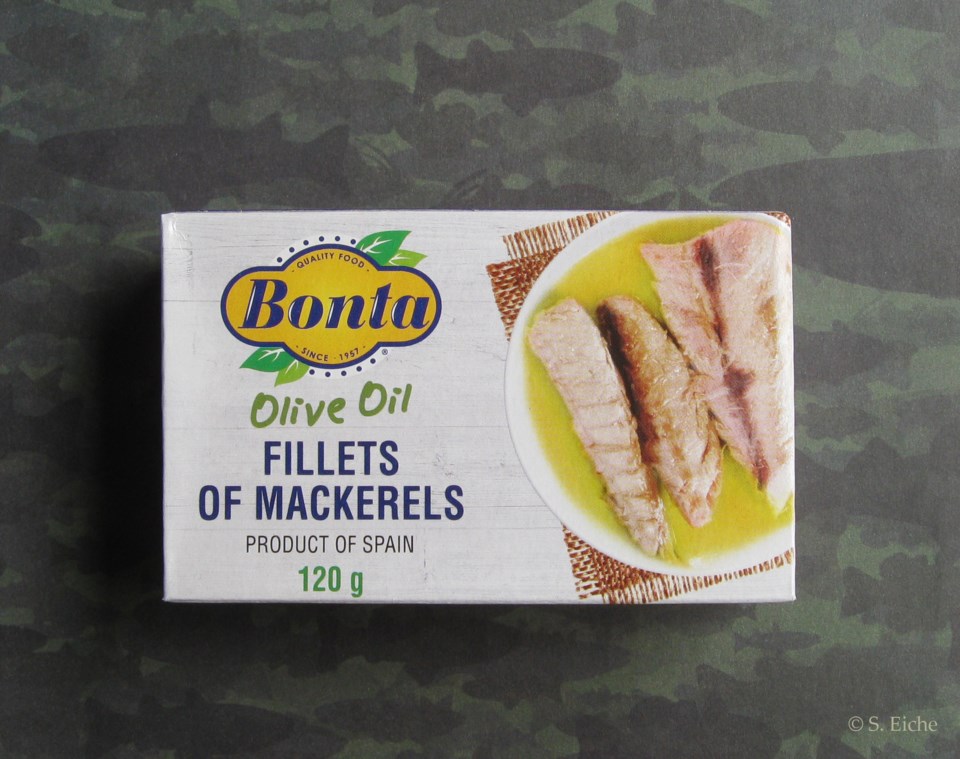Spicing up our speech with exclamations or expletives is a time-honoured habit, although the choice of words hasn’t stayed the same over the centuries, even decades. Long ago, the exclamations were more imaginative. They were essentially euphemisms (from the Greek “eu”, well, and “pheme”, speaking), milder expressions for words that might have been considered blasphemous. Nowadays, some of the expletives most frequently used are considered too vulgar to make it past the media censors. However, a few of the older ones have survived, and they’ve become innocuous. For instance, golly, goodness and gosh are euphemisms for God, as crikey is for Christ, Jeepers Creepers for Jesus Christ, and darn for damn. Another expression I sometimes encounter is Holy Moly, a rhyming transformation of Holy Moses.
Holy Mackerel, now used mostly to express surprise, was a way of euphemistically handling expletives such as Holy Mary or Holy Mother of God. It’s also been suggested that Holy Mackerel is a reference to Catholics since by tradition they ate fish on Fridays. The tradition originated with the belief that because Christ died on Friday, it was forbidden to consume the meat of warm-blooded animals on that day. Fish being coldblooded, they were permitted on the menu.
Today, dietitians recommend that, as a rule, we eat less meat and more fish. They often refer to the Mediterranean diet as a guide to healthy eating. Based on the typical diet of people living in Greece, Italy, Spain and Portugal, it includes many grains, vegetables and fruits and emphasizes fish over red meat. When I lived in Italy, fresh fish was widely available. The food markets scattered around Florence had large areas of their halls devoted entirely to seafood. The selection would be even better, and fresher, in seaside towns.
I recall that Richmond, up until some years ago, had several stores specializing in fish. Our local supermarkets carry both fresh and frozen fish, but the choice is limited and usually comprised of types I’d rather avoid. I end up having to drive into Vancouver, where I’ve found one independent grocery store that has a large seafood counter, well stocked with appetizing fresh fish.
In much earlier times, people relied on drying, salting or smoking fish in order to preserve it. It wasn’t until the beginning of the 19th century that the method known as canning was invented by the French. I kept my kitchen cupboard in Florence stocked with cans of a type of fish I knew only by its Italian name, “sgombro.” It turns out to be mackerel, a fish that’s not only tasty but also a rich source of omega-3 fatty acids.
I’ve now found a brand of canned mackerel available here that’s as good as the one I’d buy in Florence – Bontà. Best of all, I don’t have to drive far to get it, because it’s carried by the green grocer where I buy my fruit and vegetables – Sunshine Farms at No. 1 Road and Blundell. Holy Mackerel!
Sabine Eiche is a local writer and art historian with a PhD from Princeton University. She is passionately involved in preserving the environment and protecting nature. Her columns deal with a broad range of topics and often include the history (etymology) of words in order to shed extra light on the subject.



